Govt committed to ensuring Red Zone security, Dar assures diplomats
DPM shares that new 'Peaceful Assembly and Public Order Act 2024' has been enforced for Red Zone security
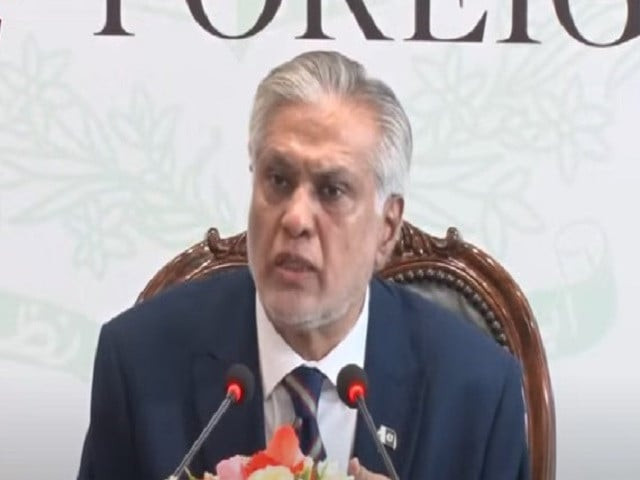
Deputy Prime Minister and Foreign Minister Ishaq Dar defended the government’s actions in preventing protests by the opposition Pakistan Tehreek-e-Insaf (PTI), emphasising that despite efforts by Interior Minister Mohsin Naqvi to engage with PTI leadership, the party refused to comply with a court order.
Speaking at a briefing to the diplomatic corps at the Ministry of Foreign Affairs on Wednesday, Dar detailed the government’s approach to managing protests, particularly in Islamabad’s Red Zone, where key institutions, including Parliament, the Supreme Court, and foreign missions, are located.
The briefing also provided an overview of Pakistan’s foreign policy strategy in light of the incoming US administration under President-elect Donald Trump.
Dar explained that the government had taken steps to ensure the security of the Red Zone by enforcing the new “Peaceful Assembly and Public Order Act 2024”, which restricts protests in sensitive areas and mandates prior approval from a magistrate for public gatherings.
“Islamabad High Court had directed PTI to refrain from holding any protests in the Red Zone, and the government acted on this order,” Dar told the diplomats. “Despite the interior ministry's attempts to mediate with PTI, their efforts were unsuccessful.”
He went on to highlight that PTI’s decision to announce protests on significant dates, such as November 24 – coinciding with the visit of Belarus’s President – was in line with the party's past pattern of organising demonstrations on sensitive occasions.
He pointed out that similar protests in 2014 had disrupted high-profile visits, including that of the Chinese president.
The DPM further recalled that the Supreme Court had dismissed PTI's claims of electoral fraud in the 2013 general elections, which had originally fuelled the party’s 2014 sit-in. “Despite a written agreement with the government, PTI never apologised for their actions during the 2014 protests,” he said.
Despite the tensions, Dar reiterated the government’s commitment to maintaining law and order, asserting that the security forces had shown restraint.
“Law enforcement agencies were equipped only with water cannons and tear gas, not live ammunition,” he stated, noting that the military, along with police and paramilitary forces, had been deployed to protect critical infrastructure such as the Diplomatic Enclave, Parliament House, and the Prime Minister’s residence.
“While we value freedom of expression, it should not be exercised in a way that creates lawlessness or puts the safety of citizens and the diplomatic community at risk,” Dar added. He emphasised that the government had shown considerable patience in handling the situation.

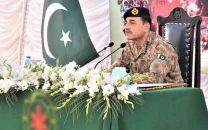
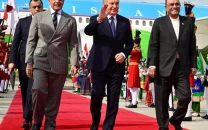


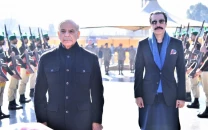
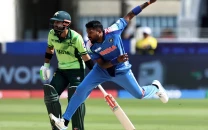












COMMENTS
Comments are moderated and generally will be posted if they are on-topic and not abusive.
For more information, please see our Comments FAQ